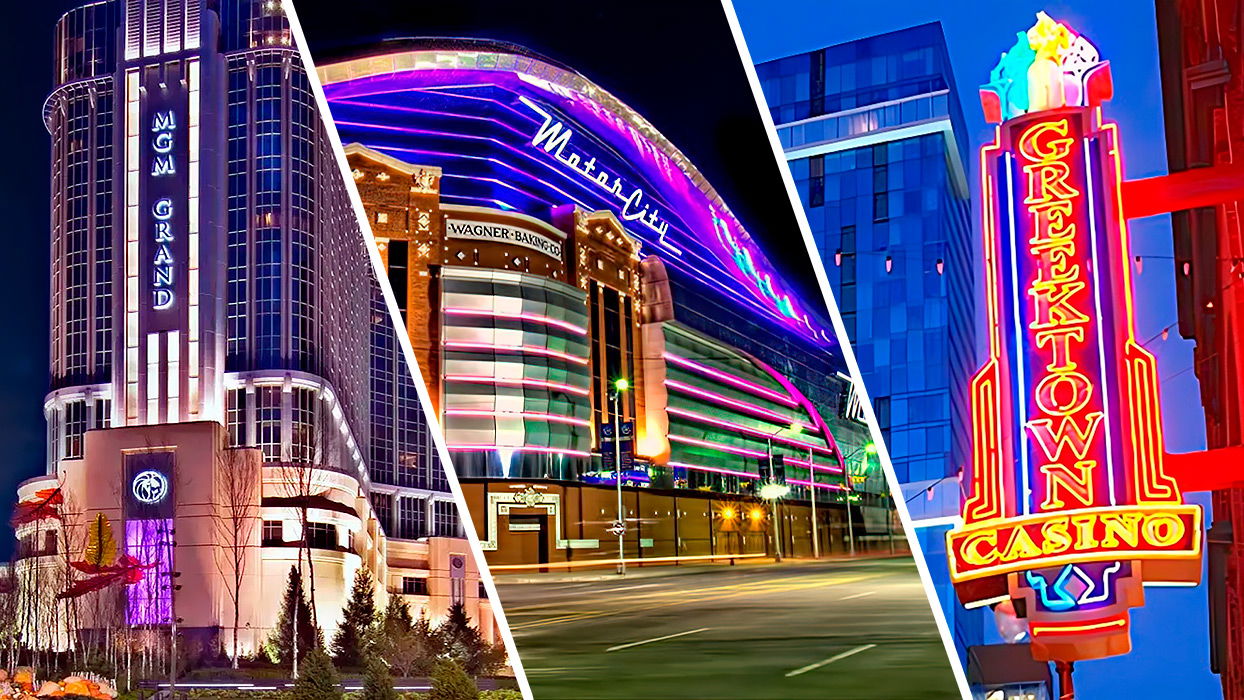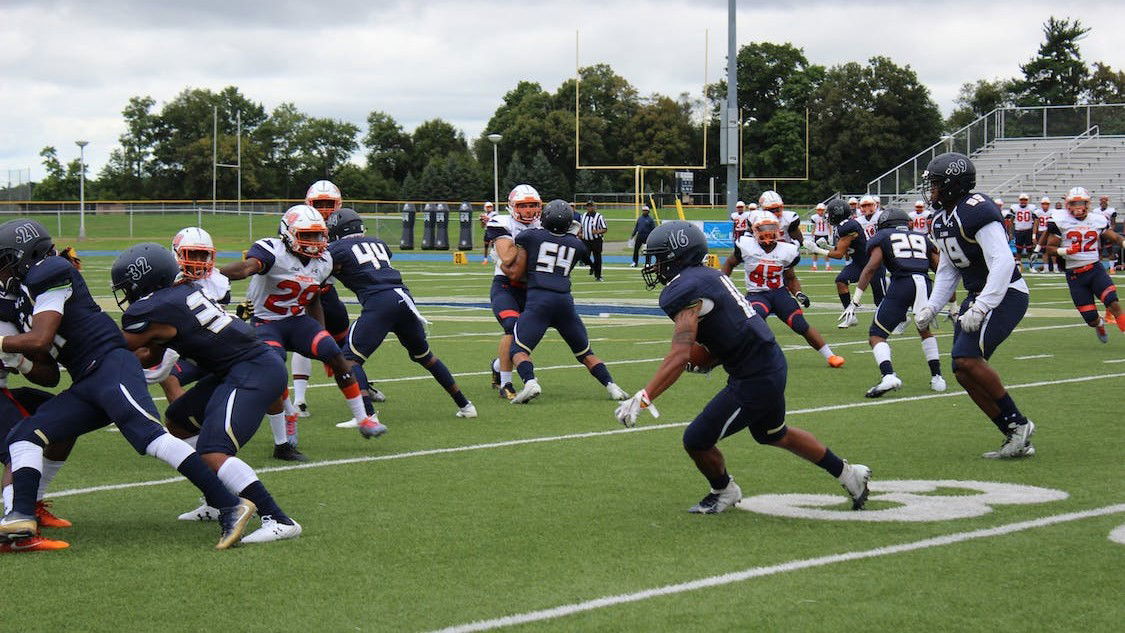Pennsylvania to allow truck stop gambling and launch mini-casinos

Although much of the attention on Pennsylvania’s gaming expansion has been focused on online gambling and sports betting, the Gaming Control Board is quietly moving forward to allow truck stop gambling and five mini-casinos.
The state’s 2017 gaming expansion allowed for truck stops to offer gambling on up to five machines and allowed for the creation of mini-casinos with up to 750 slots machines and 30 table games, the Meadville Tribune reports.
Most of the state’s 12 full-sized casinos have between 1,500 and 3,000 slot machines and 75 to 300 table games, according to gaming control board reports. Last year, the Gaming Control Board held a series of auctions for the rights to operate the mini-casinos. Mini-casinos were approved in five counties: York, Westmoreland, Lawrence, Cumberland and Lancaster.
All together, those auctions generated $127 million in revenue from casinos seeking the right to operate the mini-casino locations, he said.
O’Toole said some of those mini-casinos could be operating in the next seven to nine months.
The truck stop gaming locations should begin operating sooner, O’Toole told members of the House gaming oversight committee.
“Hopefully, some of the establishments will be in a position to implement late this fiscal year or in the summer,” he said.
The gaming control board has given conditional approval to 43 truck stops. Now those facilities must complete a series of steps, including making renovations, adding surveillance equipment and designating employees who will be responsible for monitoring the gaming area, O’Toole said.
In addition to the 43 truck stops with conditional approval, another 17 locations have applied for the right to get the video gambling terminals, said Richard McGarvey, a Gaming Control Board spokesman.
The gaming expansion limited the video gaming terminals to truck stops. To qualify, locations must be on at least three acres of land, have 20 or more parking spots for trucks and have a convenience store.
Truck stop gambling is banned in 10 counties where there are already full-sized casinos — Bucks, Dauphin, Delaware, Erie, Luzerne, Monroe, Montgomery, Northampton, Philadelphia and Washington.
While the move toward truck stop gambling and mini-casinos is still months away, the state’s entry into the world of sports betting is well underway, O’Toole said.
Regulators completed testing on the sports betting operation at the Valley Forge Casino on Tuesday, he said. Similar testing is under way at an off-track betting facility, Valley Forge Turf Club, operated by the owner of the Parx Casino in Bensalem.
With those sites opening, there will be sports betting at eight locations in the state. The only other casino approved for sports betting that hasn’t gotten its sports book open is Presque Isle Downs in Erie, O’Toole said. Sports betting should be available in Erie “in the next month or so,” he said.
In all, the six casinos offering sports wagering in January took $32 million worth of sports bets, gaming control board data shows. That translated into $886,000 in state tax revenue and $52,000 in local tax to the communities where the sports betting facilities are located.
The Gaming Control Board has not yet announced February sports betting revenue.
But O’Toole added that gaming regulators expect that at least some of the seven casinos that haven’t already sought permission to offer sports betting will do so over the summer.

















































